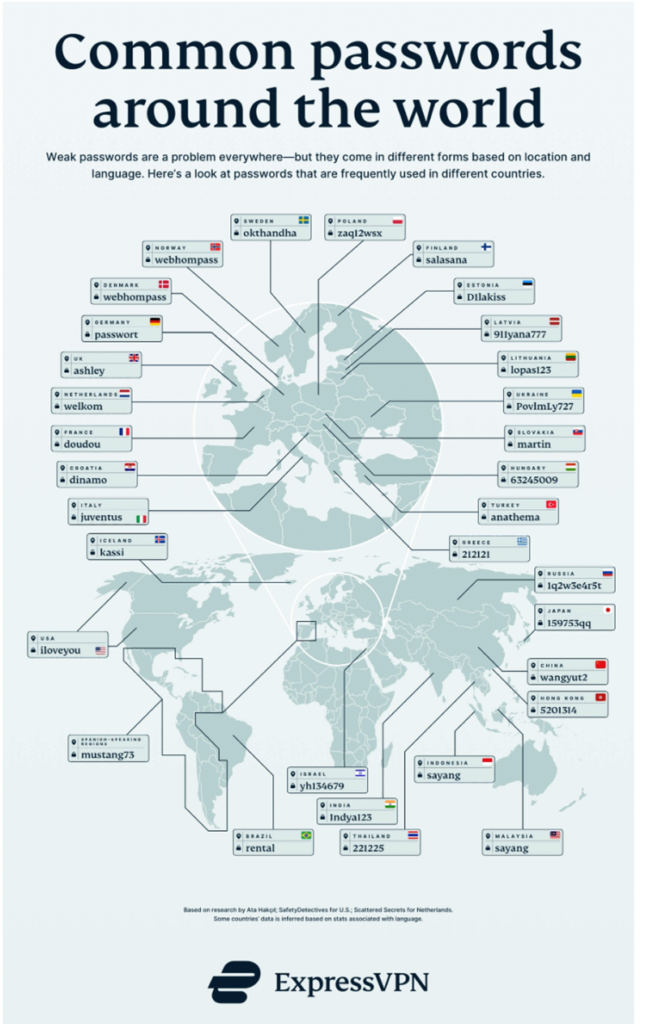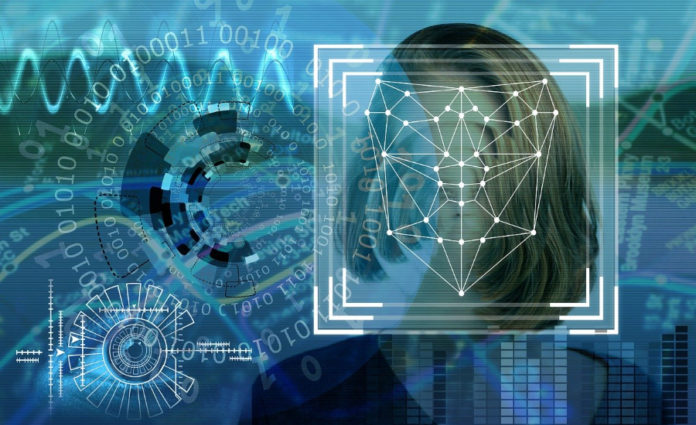Biometrics has long been a topic in science fiction, where citizens’ movements are tracked wherever they go. This has often been described as a dystopian concept, found in movies like Total Recall and Minority Report. Whether you like it or not, it looks as though this technology is on the way.
There is little doubt that biometrics will permeate the online space and replace the need for outdated security measures. But could it spread beyond the internet and become ubiquitous in the outside world too? There is a good chance that this will happen in the future.
Biometrics will Replace the Need for Passwords Online
Passwords have been around since before the dawn of the internet. Online, they quickly became an important aspect of improving internet security. The problem is that, as time has passed, the effectiveness of these measures has weakened severely. Most internet users have countless passwords. To remember them all, they go for simple options and use them for numerous accounts.

Naturally, preferences on passwords vary around the world, but they do share some similarities across borders. The above infographic from ExpressVPN highlights how easy it is to discover what the most common passwords are. Each country has a word or set of digits that are used more than anything else, and the global favorite is “123456”. It’s clear that the internet needs to move on from passwords, and the wheels are already in motion.
Biometrics already offers users a way to log on to their devices. Soon, these pieces of hardware will be linked with a greater number of sites. Then, users will simply be able to use a fingerprint or a face scan to enter sites or make payments.
Technology is Already Being Used in Airports
There are many places in the real world where biometrics will usurp outdated methods of identifying people. For instance, the technology will be widespread at airports around the world within the next decade. It has already been implemented at many of the world’s biggest transport hubs.
This tech will ensure that everyone is accounted for and that nobody will be able to use false documents to enter a country. It will make life easier for international police departments when they try to track fleeing criminals. It will also mean that nations will be able to keep an accurate record of immigration data.
Could Our Every Movement be Tracked and Traced?
If biometric technology becomes widespread at airports, the likelihood is that it will soon branch out to other public places like train stations and shopping centers. It can improve the security measures in these places drastically, and it seems illogical not to use it.
Having biometrics in place in a variety of locations would mean that crime would be much more manageable. It could also reduce the risk of missing person cases, as people’s movements would be easier to trail. Some people may not like being tracked and traced in this way, but many would say the benefits outweigh the disadvantages.
Biometrics are here, and they could soon be the sole method of logging on to places online. After that, their influence could quickly spread around the offline world.







